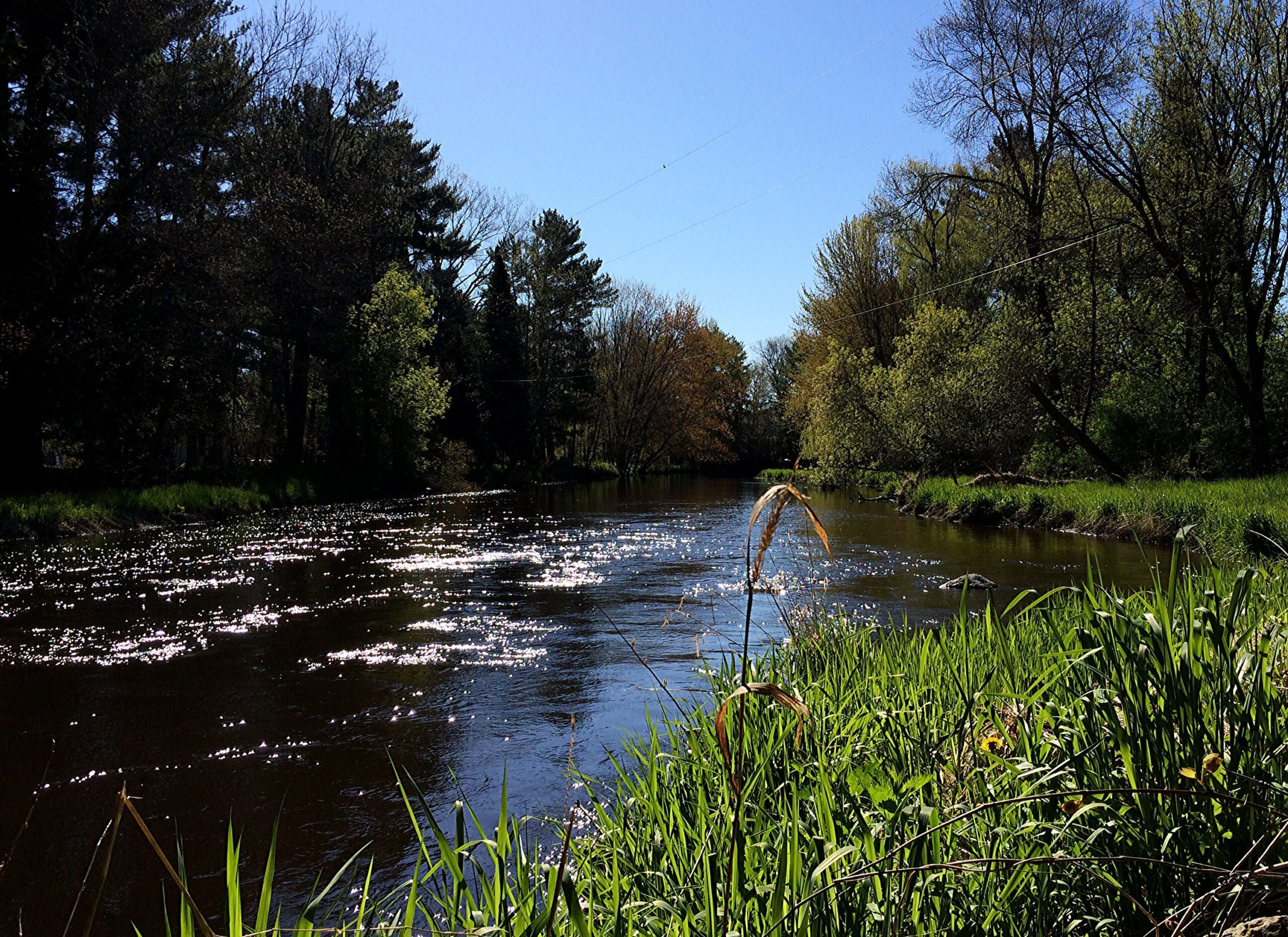Column: Kewaunee County moved from cautionary tale to state leader in water preservation


It is not exaggeration to say Kewaunee County is an enviable place, with its plentiful rivers, lakes, forests, fertile cropland, hills and valleys.
However, we have, over time, taken our privileged place and our valuable water resources for granted.
Longtime residents remark about the deterioration of streams, where prize trout were once common, and local beaches, which once beckoned residents and visitors.
Multiple DNR-sponsored studies confirmed more than one-quarter of our private wells were unsafe.
But thanks to the county’s most valuable resource — its people — that story has changed.
PREVIOUS REPORTING: Fecal microbes found in 60 percent of sampled Kewaunee County wells
Average people stepped forward to alert our communities to the extent of our water problems. The county’s residents conducted surface water testing in county rivers and paid for the private analysis of those tests. Citizens often left their homes in the pre-dawn darkness to drive to Madison to meet with legislators and state officials to plead for help. Your neighbors publicly sought action from Kewaunee’s County Board as well as the Department of Agriculture, DNR, USDA and Environmental Protection Agency.
Phone calls and letters to local, state and federal officials became routine.
In the end, a years-long commitment of time, money and effort from a tireless core of citizens proved to be the catalyst for change.
Kewaunee County was once seen throughout Wisconsin as “ground zero” for the fight against water contamination — as water resources were harmed when large volumes of nutrients, such as manure and fertilizer, became concentrated on lands with shallow soils and fractured bedrock.
Other counties saw Kewaunee County as a cautionary tale and implored their officials to act to avoid a similar outcome.
Now, the county is a model for how a community can come together to address environmental concerns.
An overwhelming number of Kewaunee County voters approved a first-in-Wisconsin ordinance banning winter spreading of nutrients over shallow soils. Kewaunee County farms responded positively and began working to improve their operations.
When efforts to enlist state agencies stalled, concerned citizens collaborated with environmental groups and petitioned the EPA. Responding to the EPA, the DNR worked with residents, farmers, farm consultants and other state and local officials to establish workgroups dedicated to rewriting Wisconsin’s land spreading regulations which have now become law.
In the meantime, county officials and the farm community developed a detailed series of requirements for the safe use of manure irrigation, resulting in another first-in-the-state ordinance. Kewaunee’s County Administrator proposed newly-adopted manure application reporting requirements with greater accountability. The county board launched a successful resolution seeking aquatic life testing on East Twin River. The Kewaunee and Door County farm communities formed Peninsula Pride Farms, to share best practices to enhance soil health while reducing impacts to ground and surface water.
Representative Joel Kitchens worked with state officials to extend the proposed Total Maximum Daily Load waterway testing to include Door and Kewaunee counties – the results of which allow the state and federal agencies to set limits on the effluents entering our waterways.
And now, the USDA’s Natural Resources Conservation Service announced a multi-million-dollar commitment to aid county farmers with cost sharing to help improve their operations and protect waterways.
Today, Kewaunee County can rightfully claim a leadership role among Wisconsin’s counties, responding to the threats impacting our irreplaceable water resources.
But there is more to be done.
We need Peninsula Pride Farms and farmers at large to continue improving farming practices and reduce the impacts on land and water, while improving soil retention and soil health. We need to take on challenges identified in the DNR’s study of the East Twin River and Total Maximum Daily Load study. We will need ongoing water testing to measure our progress.
Still, I can’t help but be proud of our community’s efforts to save our water.
Lee Luft is a Kewaunee County Board Supervisor and Secretary Kewaunee County Land and Water Conservation Committee.
This article originally appeared on Green Bay Press-Gazette: Column: Kewaunee County moved from cautionary tale to state leader in water preservation






